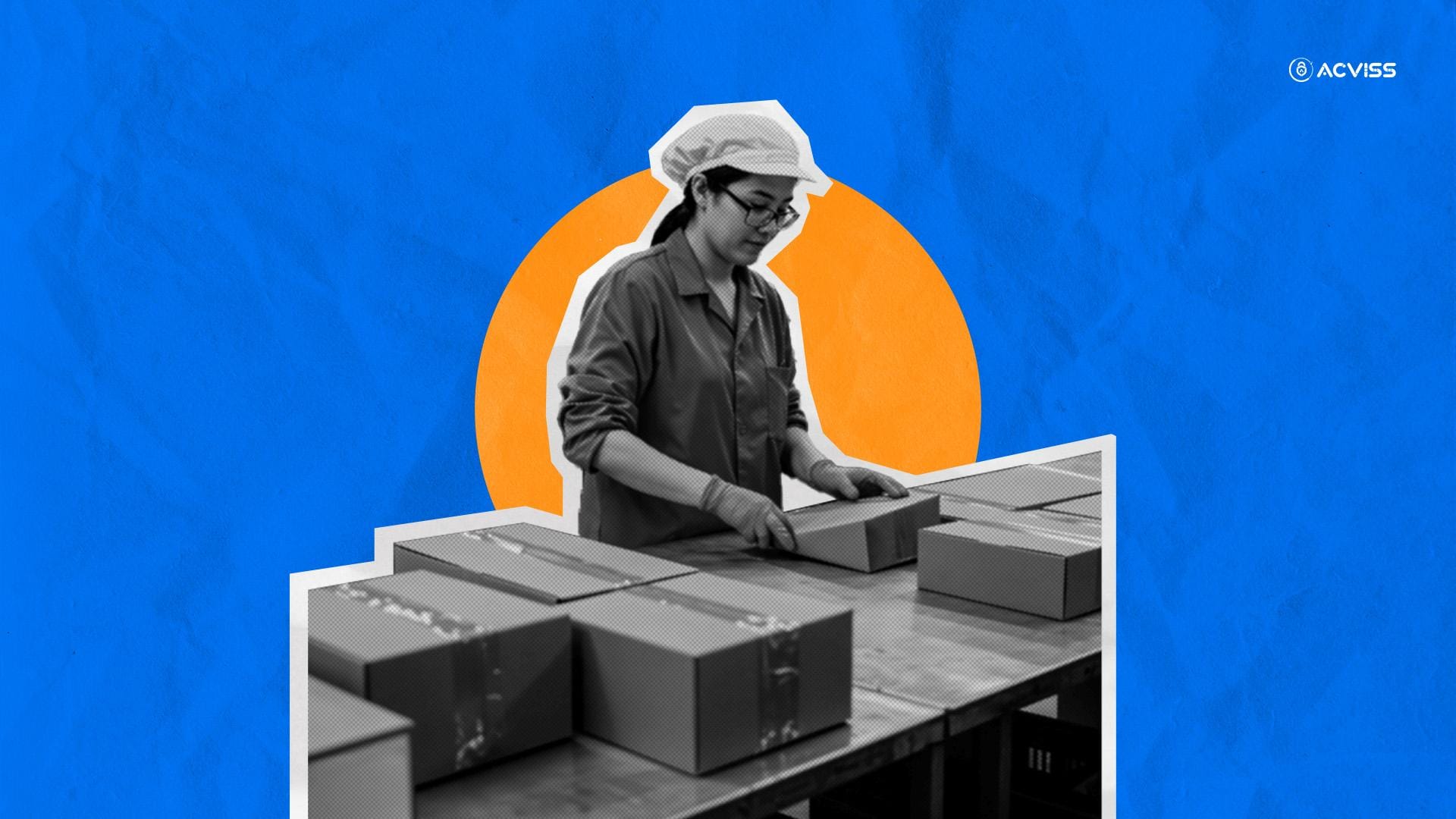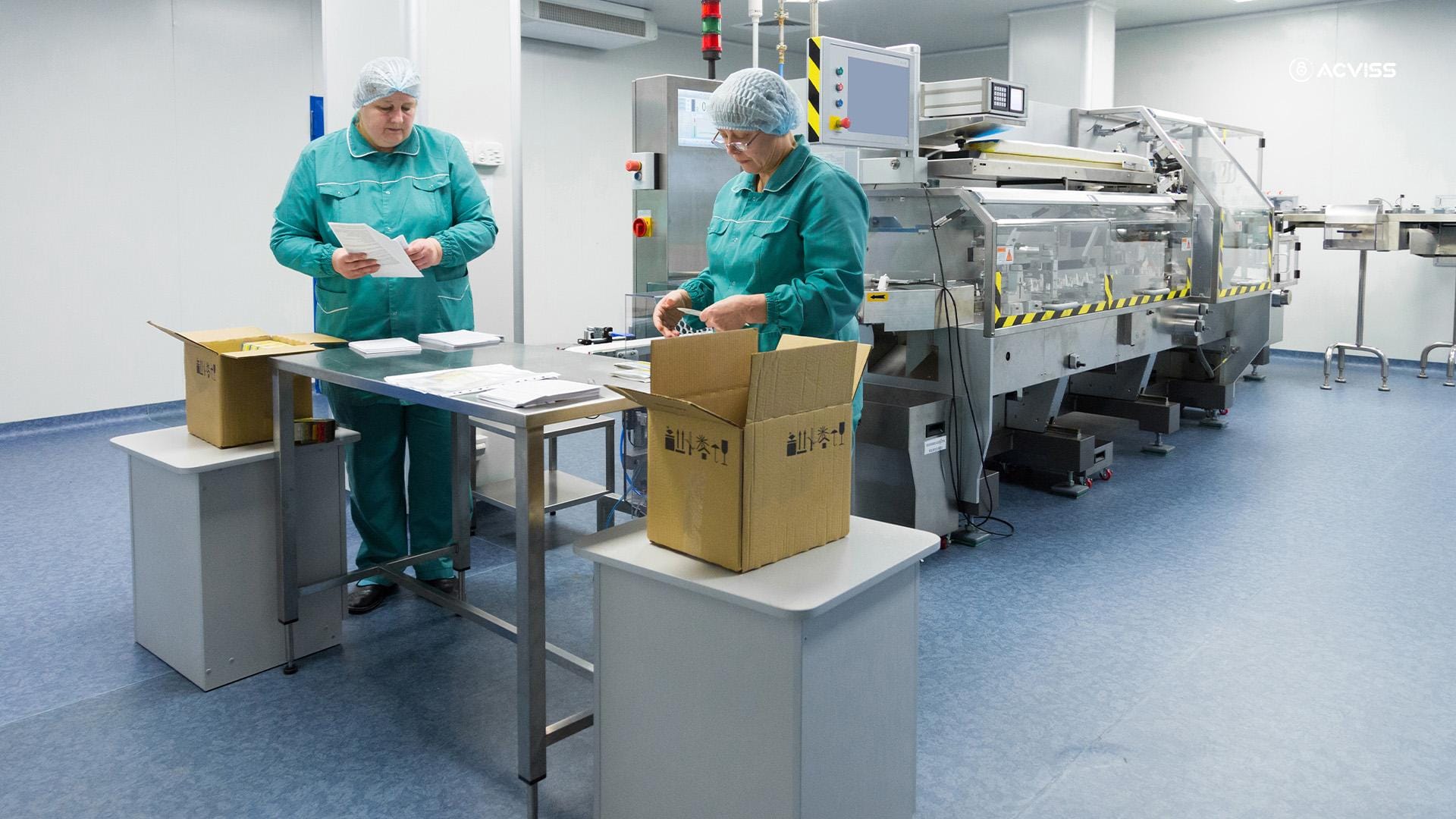Batch Production Explained: A Crucial Strategy for Modern Manufacturing

Manufacturing is rarely a one-size-fits-all game. For businesses balancing quality, cost-efficiency, and delivery timelines, batch production emerges as one of the most practical and scalable production strategies. Whether you’re producing pharmaceutical drugs, consumer electronics, or fast-moving consumer goods (FMCG), batch production offers the control, flexibility, and repeatability modern manufacturers need.
But how exactly does batch production work, and why is it so essential in today's manufacturing landscape? Let’s break it down.
What Is Batch Production?
Batch production is a method of manufacturing where products are made in groups or "batches" rather than in a continuous stream. Each batch goes through a specific stage of production before moving on to the next. Unlike mass production, which focuses on volume, batch production aims to strike a balance between customisation and efficiency.
Take the example of a skincare brand manufacturing multiple creams. Each variant, say, for dry skin, oily skin, and combination skin, is produced separately in controlled batches. Once the first batch is complete, the next one begins, using either the same machinery or a modified version.
It’s this staged, repeatable process that makes batch production incredibly versatile and ideal for managing product variations.
Why Modern Manufacturers Still Choose Batch Production

In a world obsessed with automation and just-in-time models, it’s tempting to think of batch production as old-fashioned. That couldn’t be further from the truth. Batch production remains highly relevant for several compelling reasons:
1. Flexibility in Production
Manufacturers catering to diverse product lines or frequent design changes benefit greatly from the ability to switch between product types with minimal downtime.
2. Quality Control
With batch production, quality can be monitored at every stage. If an issue arises, it affects only a specific batch, making troubleshooting and recall management much easier.
3. Cost Efficiency for Mid-Volume Runs
Batch production avoids the high setup costs of continuous production systems while still offering economies of scale for medium volumes. It’s especially suitable for seasonal products or limited-edition runs.
4. Inventory and Storage Management
By producing in batches, manufacturers can better align output with demand, preventing overproduction and reducing the cost of holding unsold stock.
Batch Production and the Supply Chain: An Intimate Relationship
The choice of production method ripples across the entire supply chain. Batch production integrates well with supply chain management strategies, particularly in industries where demand fluctuates or where production must be adaptable.
However, the flexibility of batch production comes with a challenge: visibility. Because production occurs in segments, there’s a risk of losing sight of materials, timelines, or finished products as they move through different stages. Here’s where modern track and trace and product traceability technologies become vital.
The Traceability Challenge in Batch Manufacturing

Imagine a food manufacturer producing peanut butter in batches. One supplier delivers groundnuts, another provides jars, and a third handles labels. If a health issue emerges, the brand must identify the affected batch quickly and efficiently. Failure to do so could result in mass recalls, reputational damage, or worse, legal penalties under trademark protection and IP protection regulations.
This is where product traceability becomes not just helpful, but critical.
Today, brand protection solutions are no longer limited to security tags and tamper-proof seals. They now include anti-counterfeiting technologies powered by AI, blockchain, and digital identity systems, which enable real-time tracking from raw materials to retail shelves.
How Product Authentication Enhances Batch Production
With counterfeit goods infiltrating even the most secure supply chains, product authentication and brand verification are non-negotiables for manufacturers. Whether you're creating a limited run of high-end shoes or a line of organic teas, you need a foolproof method to ensure every item is genuine.
Product verification technologies like Certify by Acviss use non-cloneable, unique labels embedded in the packaging, offering a dual advantage:
- For brands: They provide visibility into the product’s journey, allowing for smarter production planning, inventory decisions, and recall execution.
- For customers: They offer instant assurance of authenticity, building trust and loyalty.
Moreover, these authentication mechanisms serve as digital fingerprints that protect the brand’s trademark and prevent grey market diversion or fake reselling.
Batch Production Meets Compliance: A Growing Concern

With stricter global regulations around IP protection, sustainability, and consumer safety, brands can’t afford to overlook compliance. Batch production, when combined with traceability tools, offers a reliable way to meet these regulations without disrupting workflow.
For instance, pharmaceutical companies operating under stringent FDA or EMA guidelines must demonstrate product traceability for each batch, from the origin of raw materials to the delivery of finished products. The same is true for cosmetics, electronics, and food industries, where brand reputation and consumer safety are constantly under scrutiny.
Real-Time Insights: Turning Batch Data into Intelligence
The evolution of digital manufacturing has introduced smart sensors, cloud platforms, and analytics tools that can monitor each batch in real time. This real-time visibility is a game-changer. You’re no longer just producing items; you’re creating data. And that data, when properly harnessed, informs better business decisions.
Want to know which supplier’s materials consistently result in rework? Curious about which geographic region is receiving more defective product complaints? With the right systems in place, every batch becomes a story, a sequence of actions, materials, and results that can be dissected, analysed, and optimised.
Protecting Your Brand in Every Batch

Batch production’s segmented nature can sometimes be an open door for counterfeiters to insert fake items mid-process or post-production. This isn’t a theoretical concern; it’s happening across industries, especially in high-value categories like automotive parts, luxury goods, and pharma.
This is why more companies are turning to brand authentication technologies that travel with the product through its lifecycle, helping verify its originality at every touchpoint.
Even more advanced systems today use machine learning and blockchain to detect anomalies, flag suspicious activity, and offer brands an unprecedented level of protection across supply chains.
This is not just about spotting fakes. It’s about building an ecosystem where authenticity becomes the default, and forgery the exception.
Wrapping Up: It’s Not Just About Batches. It’s About Trust.
Batch production might appear straightforward on the surface, but it’s a sophisticated and deeply strategic choice for brands that value quality, flexibility, and control. However, it also demands a stronger emphasis on transparency, compliance, and consumer trust.
Brands that fail to invest in the right product verification and traceability systems leave themselves vulnerable, not just to counterfeiters, but to eroding consumer confidence and legal setbacks.
At Acviss, we understand this all too well. Our suite of brand protection solutions, especially our product authentication tools, is built to strengthen the integrity of every batch you produce. With intelligent, scalable technologies, we help manufacturers across industries stay ahead of threats and aligned with evolving compliance standards.
Interested to learn more? Get in touch with our experts today
